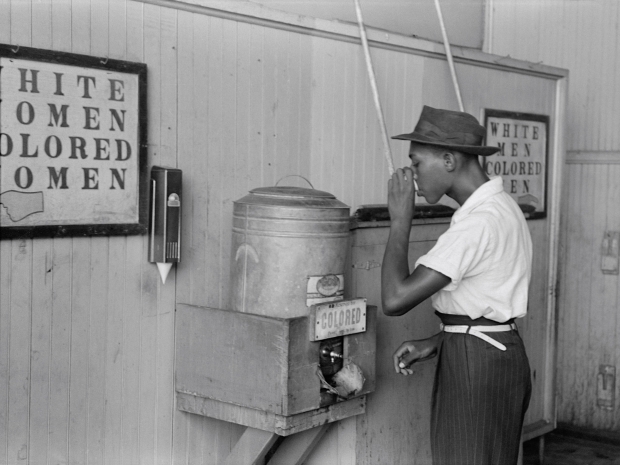Following a federal class-action lawsuit, this landmark ruling has brought renewed scrutiny to the hiring practices of IT outsourcing firms operating in the United States, raising questions about exploiting the H-1B visa system to marginalise American workers.
Cognizant, headquartered in Teaneck, New Jersey, was accused of prioritising Indian workers, many of whom arrived in the US on skilled-worker visas. These visas, designed to bridge talent shortages, have become a cornerstone of the IT outsourcing industry.
However, critics argue that companies like Cognizant have used them to fill lower-level roles at reduced costs, often to the detriment of local workers.
The jury heard how non-Indian workers were twice as likely to face termination, either through dismissal or resignation, compared to their Indian counterparts. For Black and Hispanic employees, the disparities were even more pronounced, with annual termination rates three times higher than those for Indian workers.
One former employee, Latreecia Folkes, a project manager at Cognizant from 2015 to 2017, described the company’s practices as deeply discriminatory.
"It was clear that preferences were being given to Indian employees, not because of their skills but because of their nationality," Folkes told Bloomberg News.
The jury’s findings align with a previously undisclosed 2020 investigation by the US Equal Employment Opportunity Commission (EEOC), which similarly concluded that Cognizant had engaged in discriminatory practices based on race and national origin.
Cognizant’s reliance on the H-1B visa program is unparalleled; federal records show the company has obtained more H-1Bs over the past decade and a half than any other employer.
While the visa program is intended to address skill shortages in specialised fields, data suggests that outsourcing firms have primarily used it to fill junior positions. Fewer than 20 per cent of Cognizant’s H-1B hires since 2020 held advanced degrees, a stark contrast to tech giants like Amazon and Meta, where over 60 per cent of visa hires possess master’s degrees or higher.
Cognizant spokesperson Jeff DeMarrais defended the company’s practices, claiming, “Cognizant provides equal employment opportunities for all employees and does not tolerate discrimination in any form.”
He argued that the company’s reliance on H-1Bs is driven by a shortage of US tech talent, adding that “apparent disparities” in hiring stem from operational needs.
Other major Indian outsourcing firms, including Tata Consultancy Services, Infosys, and Wipro, have faced similar allegations. Over the past five years, each of the five largest outsourcing companies has either settled, lost, or is fighting discrimination lawsuits in US courts.
Critics argue that the H-1B system, as currently implemented, allows firms to secure a more pliable workforce. Workers on these visas face restrictions tying their legal status to their employer, making them less likely to resist unfavourable assignments or conditions.
Maria L. Ontiveros, a professor emeritus at the University of San Francisco School of Law, explained, “It’s a business model that allows for exploitation. If you’re exploiting immigrants, it inevitably makes it harder for American workers. It rips up the floor for decent working conditions for everyone.”
Federal data reveals that median pay for Cognizant’s H-1B employees fell by 20 per cent in recent years, even as the broader IT industry’s wages remained flat.
Cognizant has announced its intention to appeal the verdict. However, the underlying problem is the need for reforms to the H-1B programme. The issue was not debated in the US presidential election, and the big tech companies that benefitted from the programme gave millions of dollars to both parties.




